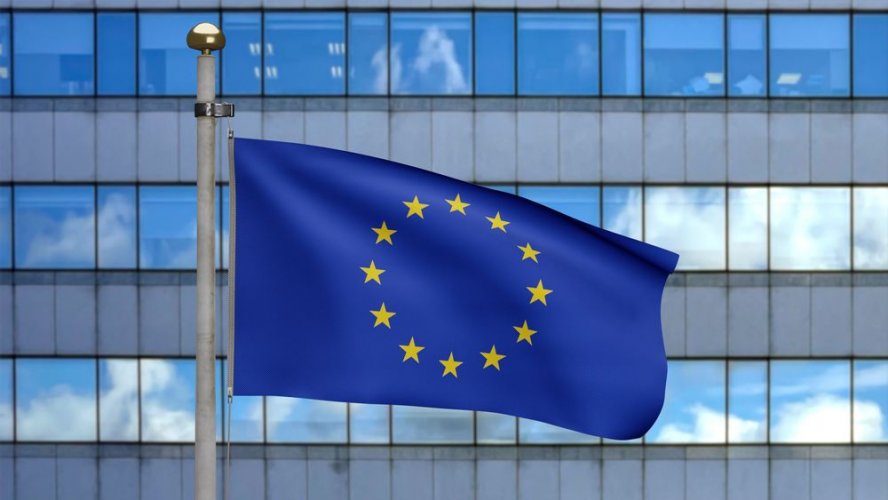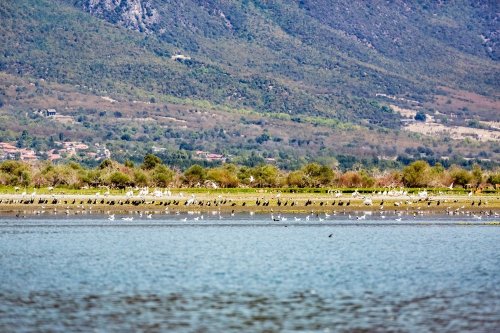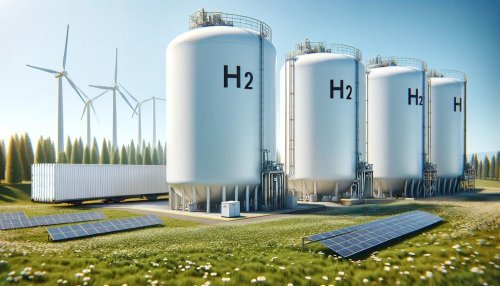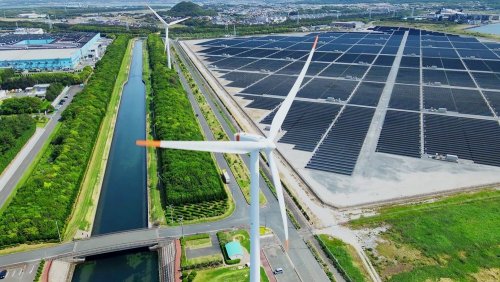The European Commission has postponed the adoption of four key legislative acts of the "Green Deal" on food and biodiversity.
This was due to opposition from the center-right European People's Party (EPP), which positions itself as a defender of farmers ahead of the 2024 vote, POLITICO reported.
It is noted that this package of laws will be published on July 5, that is, a month later than planned. The package contains laws regarding:
- soil health;
- plants obtained with the help of new genomic technologies (NGT);
- revision of aspects of food and textile waste in the EU Waste Framework Directive;
- seeds and other plant and forest reproductive material.
The article emphasized that since the European elections are scheduled for June 6-9, 2024, such a delay will increase the pressure on Ursula von der Leyen's European Commission. She must have time to implement her green agenda before her mandate expires.
The authors explained that the Conservative Party recently passed a resolution rejecting two other key Green Deal proposals, namely new regulations on pesticides and nature restoration.
"The EPP is von der Leyen's political homeland, and her campaign puts her and the environmental project she signed into the line of fire," the article says.
Environmental rights groups are calling on the EC to resist pressure and push forward ambitious proposals for a package of food and biodiversity laws. The European Commission's decision to regulate NGTs, which use genetic engineering to increase crop resistance to drought or pests, other than classical genetically modified organisms (GMOs), has also been criticized. After all, there are fears that the new rules will be less strict.
The article emphasized that the last meeting of agriculture ministers in Brussels before the summer vacation is scheduled for July 24 and 25, which leaves them little time to consider the proposals.
Earlier, EcoPolitic wrote, that in November 2022, the European Commission asked to remove the modernization of the international agreement of the Energy Charter Treaty (ECT) from the agenda of the ECT summit, which since 1998 has promoted investments in oil and gas in the former Soviet bloc.
As EcoPolitic previously reported, the European Commission presented the Green Deal industrial plan, which is designed to increase the competitiveness of the European industry with zero emissions and promote a rapid transition to climate neutrality.





